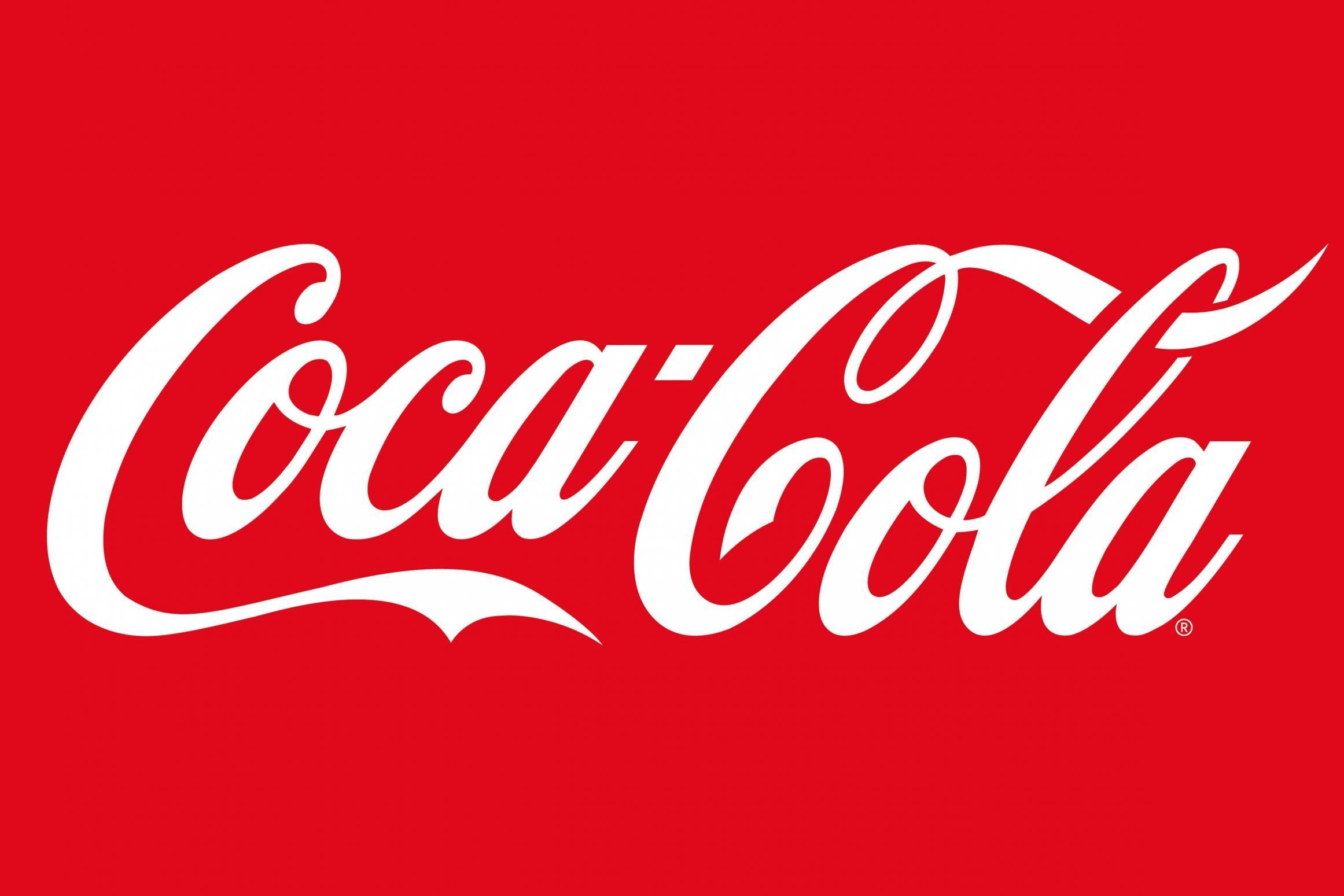Coca-Cola tops list of nation’s favourite logos, poll reveals
62 per cent of those surveyed consider classic logos to be 'works of art'

Britain’s favourite logo is Coca-Cola’s, according to a poll.
The iconic red and white symbol was first revealed in the late 1800s and has remained largely unchanged ever since.
It’s so popular the logo can commonly be found on fashionable clothing items, home-ware and other desirables - while vintage items featuring the logo can sell for thousands.
Second spot was secured by US fast-food chain, McDonald’s - ahead of Disney’s Mickey Mouse silhouette logo in third and confectionery giant Cadbury's logo in fourth.
Commissioned by label makers, Avery, the research of 2,000 UK adults found 62 per cent consider logos such as those belonging to Hard Rock Café and Ferrari to be ‘works of art’.
Fiona Mills, marketing director for Avery UK said: “Last year we conducted research which highlighted the impact design and branding can have in terms of persuasiveness, consumer trust and consumer perception.
“The findings showed the results can be extremely powerful if you get the ingredients of label design spot on.
“These ingredients can include handwritten fonts, bold colours and shapes, emotion and use of heuristics - the brain’s mental decision-making shortcuts.”
Other logos in the top 10 include the emblems for Nike, Guinness and LEGO – along with those for Michelin and PG Tips.
Nostalgia appears to play a part with long-established logos such as Fisher-Price, Oxo, Wall’s and Colman’s all featuring.
However relative newcomers such as Amazon, Google, Virgin and Starbucks made the top 40 too.
The research also found a product’s logo is so important it’s the first thing we notice about a product – ahead of the product’s name and even its colour.
Logos are also a key part of what makes a brand memorable – 46 per cent said they are the most enduring aspect of a brand.
A fifth are so loyal to particular brands they will specifically purchase branded products over non-branded counterparts – despite them often costing more.
But 33 per cent will only buy from brands they are familiar with - and for 53 per cent, familiarity makes them trust a brand more.
The poll also looked at the logos and brands we find most memorable from different decades - from the sixties through to the noughties. It emerged the eighties is the most popular era when it comes to logos, packaging and branding.
However, 47 per cent think products and their packaging look better now than they ever have done before.
Branding belonging to Maxwell House, Nestle Milkybar and Kodak were found to be the most enduring of those from the sixties.
Old Spice, Fairy washing-up liquid and Wimpy were identified as the most recognisable from the seventies.
The most memorable ones from the eighties are Coca-Cola, Pepsi and Nesquik according to those polled.
Similarly, the most unforgettable logos from the nineties belong to Adidas, Lynx and The Body Shop.
While Costa Coffee, Dove and Red Bull’s are the ones most associated with the noughties.
Fiona Mills added: “In our previous studies, a behavioural scientist highlighted the important part imagery and font have to play when creating strong, persuasive labels for products or packages.
“When you look at the brands who are most remembered from the decades these findings really apply, it is easy to picture many of their labels clearly in your mind.
“The results of this study don’t just apply to big business, there are many useful lessons for smaller organisations.
“Small businesses can learn a lot from looking at the expertise of bigger brands as well as downloading the free Avery report for some scientific insight into branding.”
SWNS
Subscribe to Independent Premium to bookmark this article
Want to bookmark your favourite articles and stories to read or reference later? Start your Independent Premium subscription today.

Join our commenting forum
Join thought-provoking conversations, follow other Independent readers and see their replies